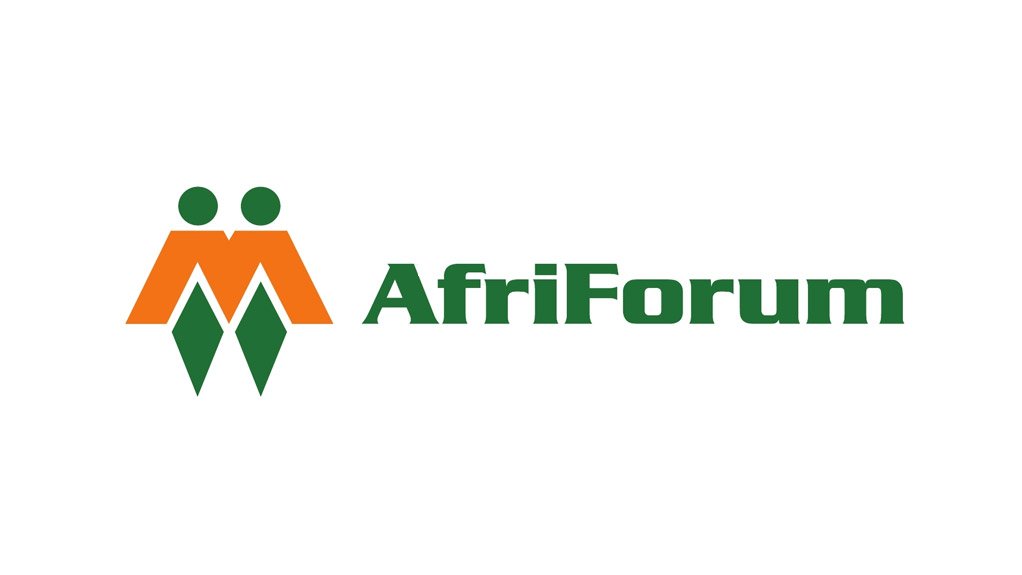/ MEDIA STATEMENT / The content on this page is not written by Polity.org.za, but is supplied by third parties. This content does not constitute news reporting by Polity.org.za.
Urgent and effective action is needed to stop sewage pollution in the Vaal River’s catchment area. This sewage pollution poses a serious threat to Gauteng’s water security and the health of people and the environment. This is AfriForum’s plea following David Mahlobo, the deputy minister of Water and Sanitation (DWS)’s recent statement that municipalities will be held accountable for sewage pollution with a “carrot-and-stick” approach.
Gauteng’s water systems are already under tremendous pressure due to chronic municipal mismanagement, infrastructure neglect, and widespread leaks. This leads to South Africa’s limited water resources not being used optimally. When natural water sources such as the Vaal River are polluted with sewage, the quality of natural water sources deteriorates to such an extent that it cannot be treated with conventional methods to achieve drinking water quality. This does not mean treating polluted water to drinking water quality is impossible. The implication, however, is that water service institutions such as Rand Water, which treats raw water to provide clean drinking water to Gauteng’s municipalities, must incur additional costs to ensure that drinking water is still adequately treated. Thus, the cost of providing safe drinking water becomes significantly more expensive.
AfriForum therefore welcomes any action to hold municipalities guilty of sewage pollution accountable but warns that criminal prosecution should not be relied upon alone. The reasons for this are, firstly, because investigations take a long time and officials who have not carried out their obligations properly are often no longer in their positions by the time prosecutions are instituted. Secondly, if a conviction is made and fines are imposed as punishment, it is usually not the officials who have to personally pay for it, but the municipality. In this way, residents of the municipality are actually being punished twice – first for the negative impact of sewage pollution that they have to live with and then for the fine that is effectively paid from the taxpayer’s pocket.
According to AfriForum, transparency must be a core component of the deputy minister’s “carrot-and-stick” approach. This will contribute to an informed and active citizenry, which in turn can bring about positive change in the management of water infrastructure and resources, as well as holding the relevant officials accountable. The DWS’s integrated regulatory information system (Iris) is a good example of a mechanism to promote transparent water management. Among other things, this system gives the public access to records of sewage treatment plants’ legal compliance monitoring results.
According to the Iris records on processed wastewater discharged by 21 wastewater treatment plants upstream of the Vaal Barrage into the Vaal River catchment during the period 2024-07-13 to 2024-11-13, only the Sasolburg Operations wastewater treatment plant’s outflow meets more than 90% of the relevant legal standards and is considered “excellent”. Each of the remaining 20 sewage treatment plants’ effluent met less than 50% of the relevant legal standards and is classified as “poor”. Processed wastewater that is discharged into rivers must achieve a compliance point of 90% with respect to the required microbiological, chemical, physical and operational standards.
A further example of transparent water management is available on the website https://reservoir.org.za/, where Rand Water makes the monitoring results of the quality of raw water extracted for treatment from the Vaal River available to the public. The results of the most recent samples taken on 6 November 2024 at 10 monitoring points downstream of the Vaal Dam and upstream of the Vaal Barrage show that the permissible limits for the presence of E. Coli (Escherichia coli) far exceeds the high risk limit of 400 parts per 100 ml at the following monitoring points: Point #3 (41,060 parts/100 ml); Point #4 (5,040 parts/100 ml); Point #5 (579 parts/100 ml); and Point #9 (34,480 parts/100 mL). This indicates that untreated sewage was released into the environment, which could pose serious health risks downstream.
According to Marais de Vaal, AfriForum’s advisor for Environmental Affairs, the sewage pollution crisis in the Vaal River’s catchment area can be attributed to municipalities’ lack of the necessary capacity, expertise and ability to address the neglect of infrastructure. “The extent of the sewage pollution crisis and the consequences it has for Gauteng is enormous. Solutions must be implemented urgently, but this is a task that municipalities are by no means equipped to deal with alone. AfriForum therefore calls on municipalities to work closely with community organisations and the private sector who are ready to make positive contributions to the maintenance and management of water and sewage infrastructure. That way, the immediate pressure under which municipalities are functioning can be relieved, so that limited resources will be used as efficiently as possible,” De Vaal concludes.
Issued by AfriForum
EMAIL THIS ARTICLE SAVE THIS ARTICLE ARTICLE ENQUIRY
To subscribe email subscriptions@creamermedia.co.za or click here
To advertise email advertising@creamermedia.co.za or click here











